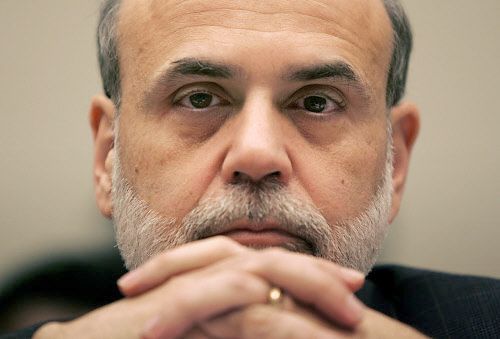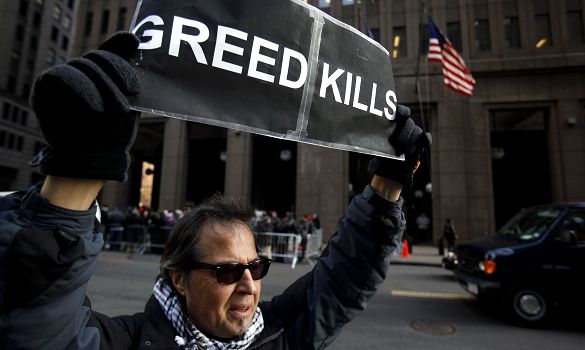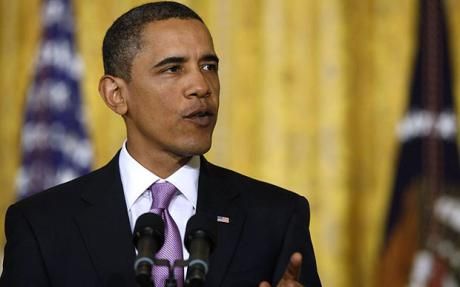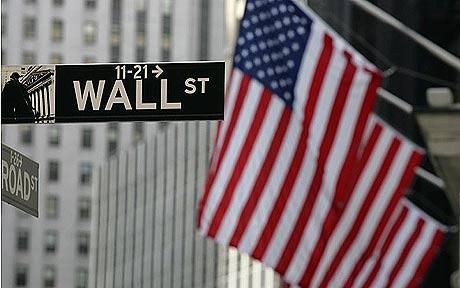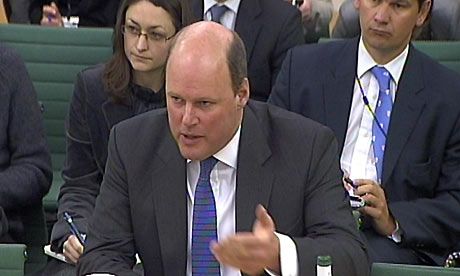THE TELEGRAPH: Germany has triggered a near-panic flight from southern European debt markets by warning that there will be no EU bail-outs, even though it fears the region's economic crisis has turned dangerous and could prove "fatal" for the entire eurozone.

The yield on 10-year Greek bonds blasted upwards by over 40 basis points to 7.15pc in a day of wild trading. Spreads over German Bunds reached almost four percentage points, by far the highest since Greece joined the euro, and close to levels that risk a self-feeding spiral. Contagion hit Portuguese, Spanish, Irish, and Italian bonds.
George Papandreou, the Greek premier, said in Davos that his country had been singled out as the weak link in a "attack on the eurozone" by speculators and political foes. "We are being targeted, particularly by those with an ulterior motive."
Marc Ostwald, from Monument Securities, said the botched bond issue of €8bn (£6.9bn) of Greek debt earlier this week has made matters worse. Many of the investors were "hot money" funds that bought on rumours that China was emerging as a buyer, offering them a chance for quick profit. When the China story was denied by Beijing and Athens, these funds rushed for the exit.
However, a key trigger yesterday was testimony in Germany's parliament by economy minister Rainer Brüderle, who said there would be "no bail-outs" for struggling debtors and no move to a "European economic government".
"A few European nations are exhibiting dangerous weaknesses. That could have fatal consequences for all countries in the eurozone," he said. Despite the warning, he said each country must solve its own problems.
"Germany is not in a mood to be the deep pocket for what they consider profligate, southern neighbours," said hedge fund doyen George Soros. >>> Ambrose Evans-Pritchard | Thursday, January 28, 2010



